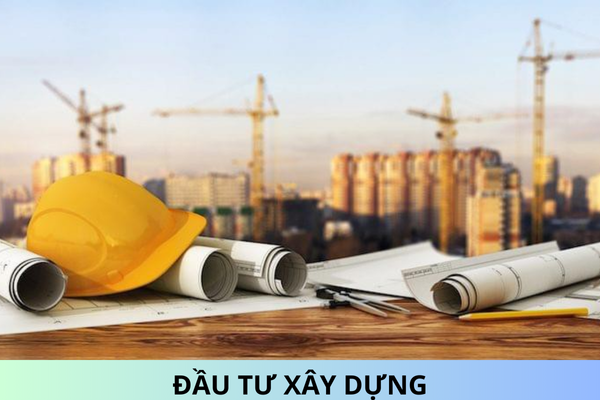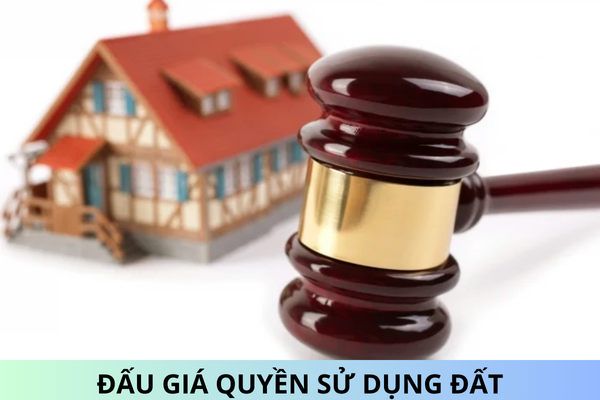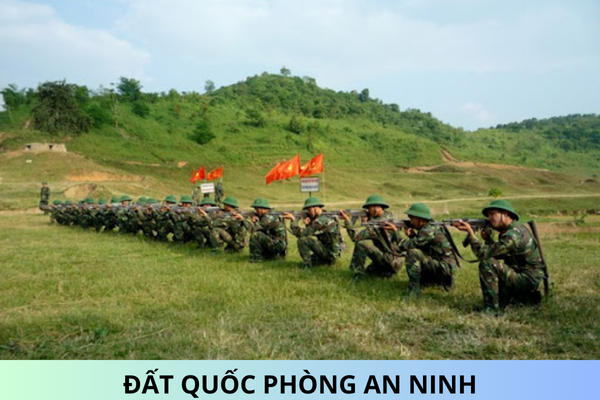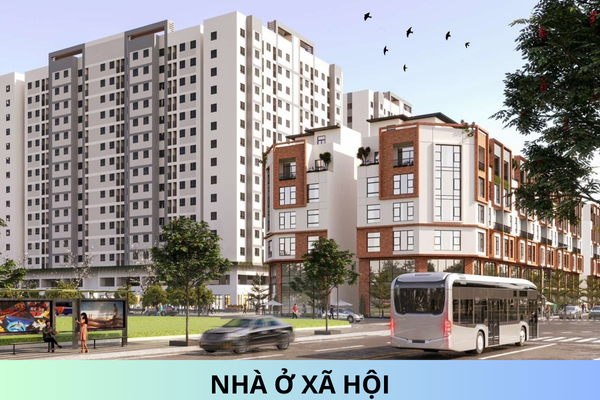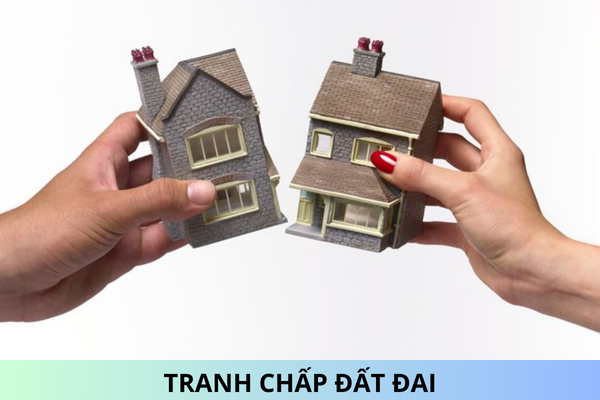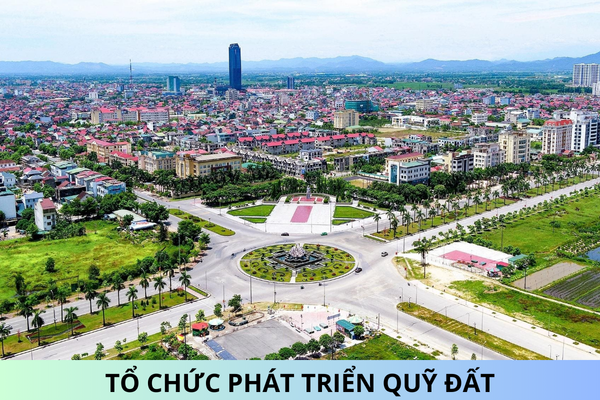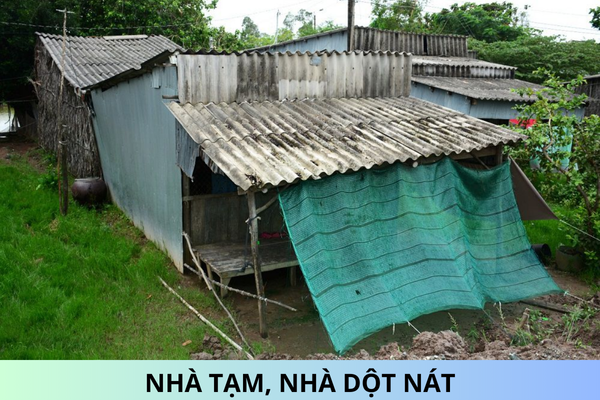What is state ownership? What are regulations on land ownership in Vietnam?
1. What is state ownership?
The Socialist Republic of Vietnam is the socialist rule-of-law state of the people, by the people, and for the people. State ownership is a form of ownership whereby the State represents the people to manage and hold means of production, and is the owner of the assets stipulated in Article 17 of the 1992 Constitution, specifically:
"Land, mountains, rivers, lakes, water resources, underground resources, benefits from the sea, continental shelf and airspace, capital and assets invested by the State in enterprises, works in economic, cultural, social, scientific, technical, diplomatic, defense, security sectors, and other assets defined by law as state property, all are under people's ownership."
In the 2013 Constitution, "Land, water resources, mineral resources, benefits from the sea, airspace, other natural resources, and assets invested and managed by the State are public property under people's ownership, represented by the State as the owner and unified manager."
2. What are regulations on land ownership in Vietnam?
Land is an area with defined boundaries, locations, specific areas, and attributes that are relatively stable or cyclical and predictable, affecting the use of land in the present and the future, influenced by natural, economic, and social factors such as soil, climate, terrain, geomorphology, geology, hydrology, vegetation, resident and human production activities.
Accordingly, as stipulated in Article 4 of the Land Law 2013, land belongs to the people’s ownership while the State represents the owner and uniformly manages it. The State transfers the land use rights to land users according to the provisions of the Land Law 2013.
In which, land users receive land allocation, land lease, land use rights recognition, and land use rights transfer according to this Law, including:
- Domestic organizations comprising state agencies, people’s armed units, political organizations, socio-political organizations, economic organizations, socio-professional political organizations, social organizations, socio-professional organizations, public non-business units, and other organizations according to the civil law (hereinafter collectively referred to as organizations);
- Domestic households and individuals (hereinafter collectively referred to as households, individuals);
- Residential communities, comprising communities of Vietnamese people living together in villages, hamlets, residential clusters, and similar residential areas with common customs or shared lineage;
- Religious establishments, including pagodas, churches, chapels, sanctuaries, worship halls, monasteries, religious training schools, headquarters of religious organizations, and other religious establishments;
- Foreign organizations with diplomatic functions including representative diplomatic agencies, consular offices, other foreign representative agencies with diplomatic functions acknowledged by the Government of Vietnam; representative offices of United Nations organizations, intergovernmental organizations, and intergovernmental organization representative offices;
- Overseas Vietnamese according to the law on nationality;
- Foreign-invested enterprises include enterprises with 100% foreign investment, joint-venture enterprises, Vietnamese enterprises in which foreign investors purchase shares, merge, or acquire as per the investment law.

